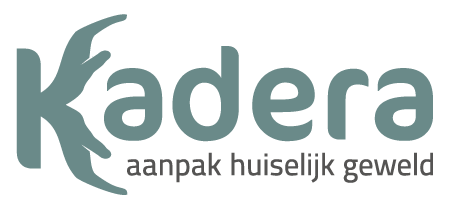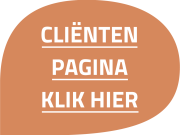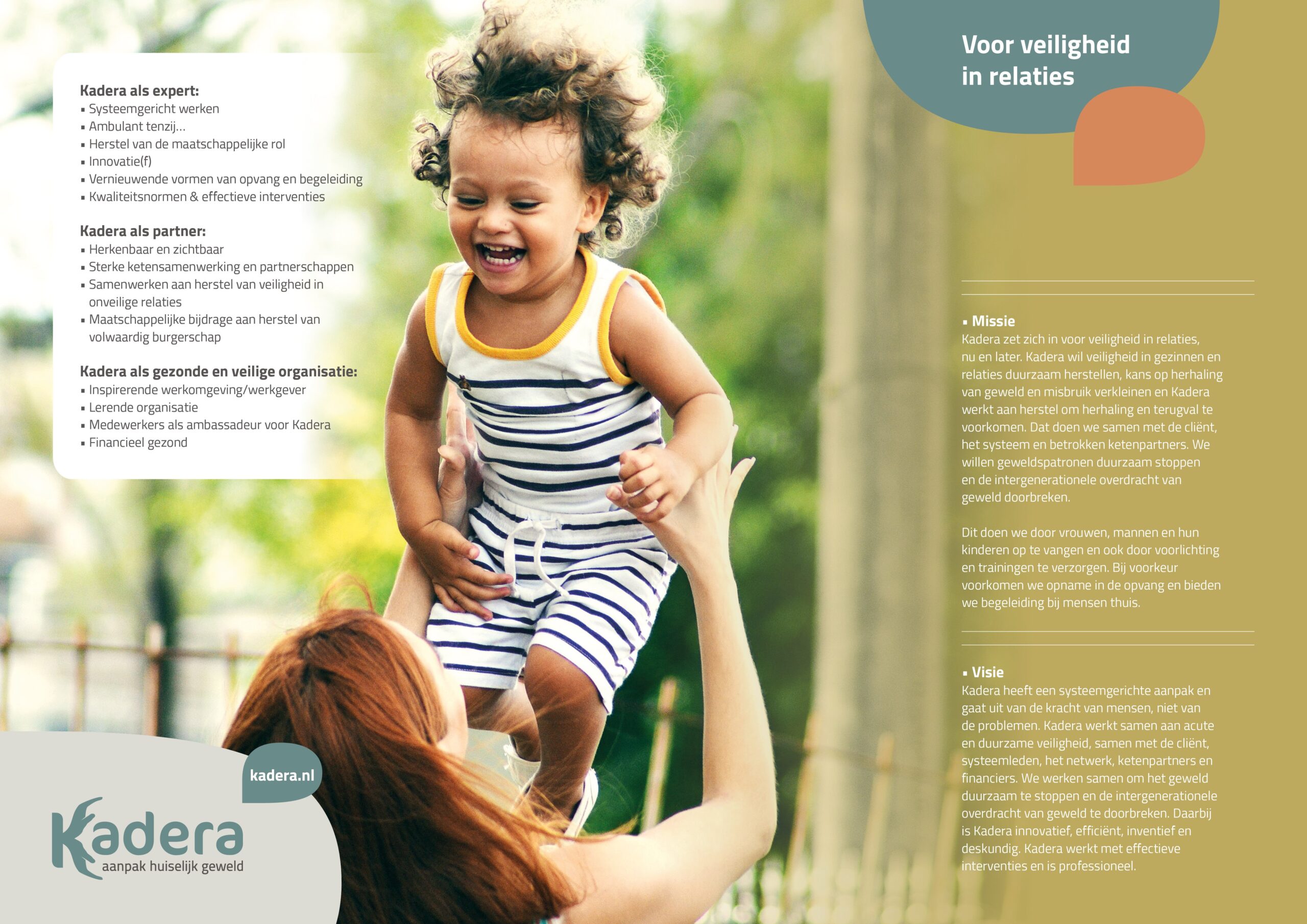Mission
Kadera is committed to safety in relationships, now and in future. Kadera aims to restore long-term safety in families and relationships, reduce the risk of recurrence of violence and abuse, and promote recovery to prevent relapse. We work with the client, their system and the relevant chain partners. Our goal is to permanently end the cycle and break the intergenerational transmission of abuse.
We do this by sheltering women, men and their children and providing education and training. We prefer to prevent the need for admission to shelters and provide counselling in people’s homes.
Vision
Kadera follows a systemic approach based on people’s strengths instead of their problems. Kadera works with the client, system members, the network, chain partners and financiers to achieve acute and sustainable safety. Our goal is to permanently end the cycle and break the intergenerational transmission of abuse. Kadera is innovative, efficient, inventive and knowledgeable. Kadera works with effective interventions and is professional.
In order to sustainably prevent domestic violence and stop it where it is, we need more ears, eyes and hands. That is why we seek connections with chain partners, stakeholders and other organizations, companies and private individuals. In this way we create an ecosystem in which we fight together against domestic violence, each in our own way.
Kadera works in people’s homes as much as possible. If safety does not allow it, the person can also go to shelter. By providing guidance at home, the family stays together as much as possible. This is more pleasant for the men, women and children who experience domestic violence; they do not have to leave their own environment.
With system-oriented work, everyone involved participates in the process. This offers a better chance of breaking through the violence because everyone has a share in the origins and maintenance of the violence. We work system-oriented both on an outpatient basis and in shelters.
Our core activities of care and recovery must become cheaper. If we prevent domestic violence and can intervene in a timely manner through early detection, some people will no longer need shelter. If we prevent domestic violence and can intervene in a timely manner through early detection, some people will no longer need shelter.
Board
Governance is exercised by a one-headed Board of Directors, the director is Mr K. J.H.Y. Traas MBA. The responsibilities and authorities are defined in the articles of association.
The remuneration of the executive director and employees is determined according to the Social Work Collective Labor Agreement (CAO Sociaal Werk). Members of the Supervisory Board receive remuneration in accordance with the Healthcare Governance Code.
Stichting Kadera Aanpak Huiselijk Geweld is registered with the ANBI. The RSIN number (fiscal number) is 8094 00 200.
Supervisory Board
Mevrouw M.K. (Maud) Groenberg (voorzitter)
De heer A. (André) Verburg (vice-voorzitter)
Mevrouw C. (Charifa) El Kaddouri (lid)
Mevrouw A.L.C. (Annelore) Roelofs (lid)
Board
De heer J.H.Y. (Jeroen) Traas (directeur-bestuurder)(DB)
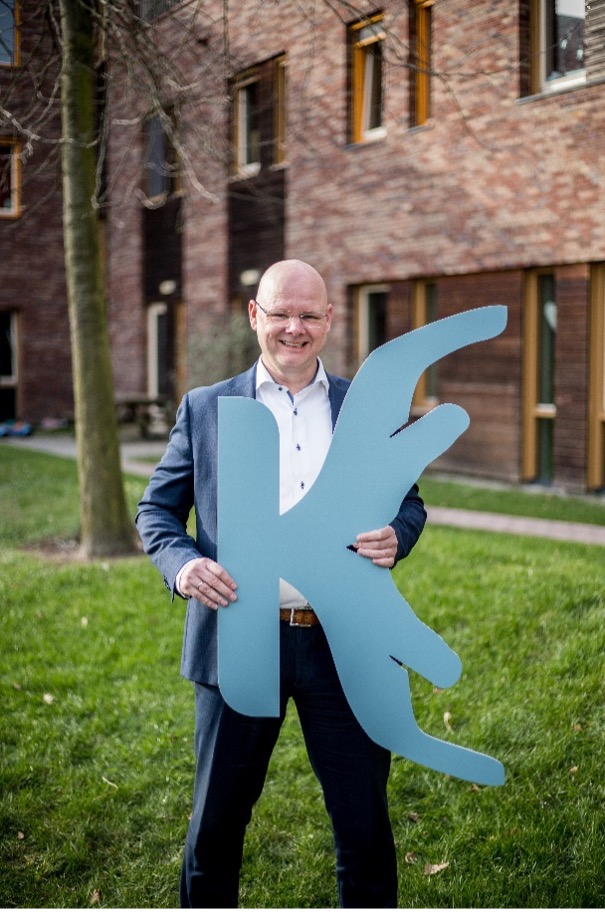
Annual reports
> Standaardformulier
publicatieplicht ANBI 2023
> Jaarverslag 2023 (pdf)
> Jaarrekening 2023 (pdf)
> Standardform
publicatieplicht ANBI 2022
> Jaarverslag 2022 (pdf)
> Jaarrekening 2022 (pdf)
> Jaarverslag 2021 (pdf)
> Jaarrekening 2021 (pdf)
> Jaarverslag 2020 (pdf)
> Jaarrekening 2020 (pdf)
> Jaarverslag 2019 (pdf)
> Jaarrekening 2019 (pdf)
> Jaarverslag 2018 (pdf)
> Jaarrekening 2018 (pdf)
> Jaarverslag 2017 (pdf)
> Jaarrekening 2017 (pdf)
> Jaarverslag 2016 (pdf)
> Jaarrekening 2016 (pdf)
> Jaarverslag 2015 (pdf)
> Jaarverslag 2014 (pdf)
Strategische koers 2021-2025
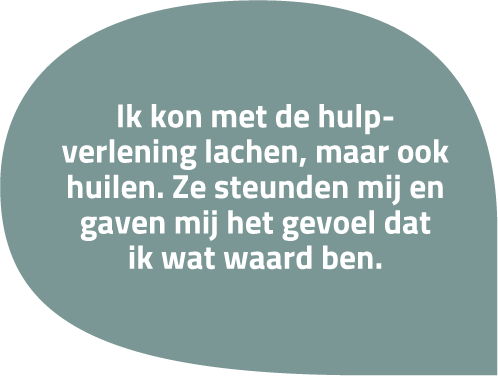
Privacystatement
Security and privacy are important to Kadera. We handle information with care. Read our privacy statement to learn how we handle your privacy and the information you give us.
Complaints
There is always a risk of things going wrong when work is done.
If you are dissatisfied with
- how a staff member treats you,
- how decisions are made,
- the information you do or do not receive
- or if you feel otherwise not treated decently, you have the right to complain about it.
Complaints may include:
- Differences of opinion about the care and supervision provided;
- damage caused by an error during Kadera’s supervision;
- personal belongings lost or damaged during the stay, such as glasses, jewellery, clothing or shoes;
- the way Kadera treated you;
- violation of privacy.
You can submit a complaint to the complaints officer through your care provider, by phone (+31 88 422 24 95), in writing or through the website.
The independent complaints officer will work with you and the involved staff to find a satisfactory solution. The complaints officer will meet with you to discuss your complaint and hear your story. The complaints officer assesses your complaint with an open mind and without judgment.
- Discuss the complaint with the person against whom the complaint is directed.
- If you cannot agree with that person, you can contact Kadera’s complaints officer by phone, email or through Kadera’s website.
- You will receive confirmation of receipt with information about the procedure within two working days.
- The complaints officer will investigate the matter.
- Kadera will handle your complaint within two weeks.
- Kadera will contact the municipality if the complaint is not satisfactorily resolved for clients living at home.
- You may use the external complaints committee if the complaint is not resolved to your satisfaction.
The external complaints committee is an independent, impartial and expert complaints committee that handles complaints from Kadera and Humanitas Onder Dak clients. The external complaints committee is independent of Kadera. The external complaints committee consists of four members who are completely independent of Kadera.
The external complaints committee assesses whether your complaint has merit. The external complaints committee may issue recommendations to Kadera. Kadera may accept the external complaints committee’s recommendations or disregard them with justification. Kadera is responsible for handling the complaint.
Complaints must be submitted to the external complaints committee in writing:
Stichting Kadera
Attn: the secretary of the complaints committee for clients of Humanitas Oder Dak and Kadera
Postbus 1058
8001 BB Zwolle
- This mail will be forwarded unopened to the secretary of the complaints committee.
- You will receive confirmation of receipt within seven working days.
- The complaint will be considered.
- An invitation to a hearing will follow.
- You will receive a decision in response to your complaint and an indication of what action will be taken within four weeks.
You can contact the confidential counsellor if you cannot discuss your complaint with the relevant caregiver or the complaints officer. The confidential counsellor can support and inform you but does not handle complaints. The confidential counsellor does not take action without your consent, so you can freely discuss the matter with them to find a suitable solution. The confidential counsellor can assist you in discussions with the relevant employee or the complaints officer. They can also help you file a complaint in writing.
The confidential advisor works independently of Kadera and is not employed by Kadera; they can assist you throughout the complaints procedure.
Confidential counsellor’s duties and working method
The confidential counsellor’s duties and working method are as follows:
- The confidential counsellor serves as the client’s point of contact.
- The confidential counsellor does not take action without the client’s explicit consent. The client’s interests are paramount.
- The confidential counsellor can inform the client about various options to reach a solution. The client ultimately chooses the solution that suits them best.
- The confidential counsellor may advise the client to discuss the complaint with the complaints officer or the person against whom the complaint is directed. The confidential counsellor may be present during those discussions as the client’s counsellor.
- The confidential counsellor does not assume the role of mediator.
- The confidential counsellor may advise the client to submit the complaint to the complaints officer for further investigation. The confidential advisor may act as the client’s counsellor in filing and handling the complaint.
- The confidential counsellor can also guide the client during the filing and handling of the complaint by the external complaints committee.
- The confidential counsellor provides aftercare.
Duty of confidentiality
Everything you discuss with the confidential counsellor in confidence remains confidential.
The confidant may not share the information received from the client with third parties without your consent. The duty of confidentiality continues if the confidential counsellor is no longer employed as such. The duty of confidentiality does not apply to the judge.
Availability
To make an appointment with the confidential counsellor, clients can contact Jolanda Spelten, Kadera’s confidential counsellor for clients, directly at +31 6 396 284 03.
If you cannot agree with Kadera, or if the complaints officer cannot resolve the complaint, you can submit your complaint to De Geschillencommissie Zorg.
The Disputes Committee will issue a binding decision on the complaint. Kadera is affiliated with the De Geschillencommissie Zorg in The Hague.
Costs
The complaint-filing fee is € 52,50. The fee will be refunded if the committee rules in your favour.
Quality Policy
Domestic abuse, or abuse in dependency relationships, is a broad social issue. Kadera provides quality assurance across the spectrum of this issue.
The relationship with our client is key. We want to offer our clients high-quality and small-scale personal assistance and services. We are demand-oriented, investigative and entrepreneurial. We are improving, researching and assessing our performance in various ways.
Kadera is licensed as a care provider for mental health services and care under the Exceptional Medical Expenses Act. We also offer activities funded by the Social Support Act. These activities focus on prevention and education, training and expertise promotion, reporting abuse, resilience and participation, crisis relief and shelter.
Ideas?
We want to continuously adapt our care and services to our clients’ needs and wishes. If you have any ideas or suggestions, let us know at info@kadera.nl. Thank you!
Kadera believes it is important to work continuously to improve its assistance and services. Kadera aims to provide the best possible care and prefers to work with effective interventions such as Krachtwerk and Veerkracht. We want to improve ourselves continuously, because even though things are going well, there is always room for improvement.
We use various tools to test and improve the quality of our assistance. The audit team researches the quality of care, and we participate in external studies such as the study on the effectiveness of Tijd voor Toontje, the fidelity of the Krachtwerk model, and the CQ index.
Kadera and its ambulatory services hold the HKZ Emergency Accommodation and Women’s Shelter certification.
Kadera believes it is important to know what clients think of the assistance provided. We conduct a satisfaction survey among the clients who have completed our counselling (shelter and ambulatory). Client satisfaction (shelter and ambulatory) is independently surveyed every three years through the Consumer Quality Index (CQi).
Client satisfaction results
In 2023, client satisfaction at Kadera was examined using internal measurements. This research shows that clients are positive about Kadera’s assistance.
The average rating for the various organizational units:
- Kadera Opvang: 8,0
- Kadera Ambulatory: 9,2
- BWJ(M): 7
- Aware: 8,6
CQ index 2022:
- Shelter Twente: 7.5 (response 62%)
- Shelter Zwolle, including BW(J)M: 8.1 (response 93%)
- Ambulatory Zwolle: 9.1 (response 70%)
- Ambulatory Twente: 8.1 (response 40%)
All shelter clients in this study reported feeling safe at Kadera. They felt that they received good advice regarding safety. Kadera has guidelines for safe ambulatory work, and the Veilig op Huisbezoek app can be used.
Providing the best possible care requires collaborative partners. We ask chain partners about their satisfaction with working with Kadera and any “blind spots”. Chain partners generally report satisfaction with Kadera. However, they feel that we could be more visible in the region. We are going to work on that.
Providing the best possible care requires commitment from our employees. We believe it is important to create an optimal working environment to enable employees to enjoy and be inspired by their work. Happy employees are more successful, healthy, social, creative and engaged in their work. In addition to an open culture of dialogue, Kadera offers its employees several opportunities to voice their opinions.
Kadera records and analyses incidents. We try to see our shortcomings and learn from incidents. We report emergencies to the supervisor. Kadera uses every incident to learn from and eliminate risks.
It makes sense for Kadera to listen carefully to its clients. Our assistance touches on very personal aspects, including clients’ safety, their future and the care of their children. They can tell us how valuable our help is and where it could be improved.
There are client panels available at all locations that can influence the course of events at Kadera. Kadera’s quality officer meets with clients every eight weeks to discuss various topics concerning quality and safety.
Children also give Kadera advice on improving the assistance they receive and the quality of life in the shelter.
Every eight weeks, they are presented with a topic on which they may express their opinions. We listen to their feedback on topics such as decorating the playroom or new items for the game library.
Clients from Kadera’s various shelter locations participate in Kadera’s client panels. They talk directly to the quality officer about policy issues and crucial topics such as safety, quality and the range of assistance offered by Kadera.
Download regelement Medezeggenschap en participatie cliënten (.pdf)
